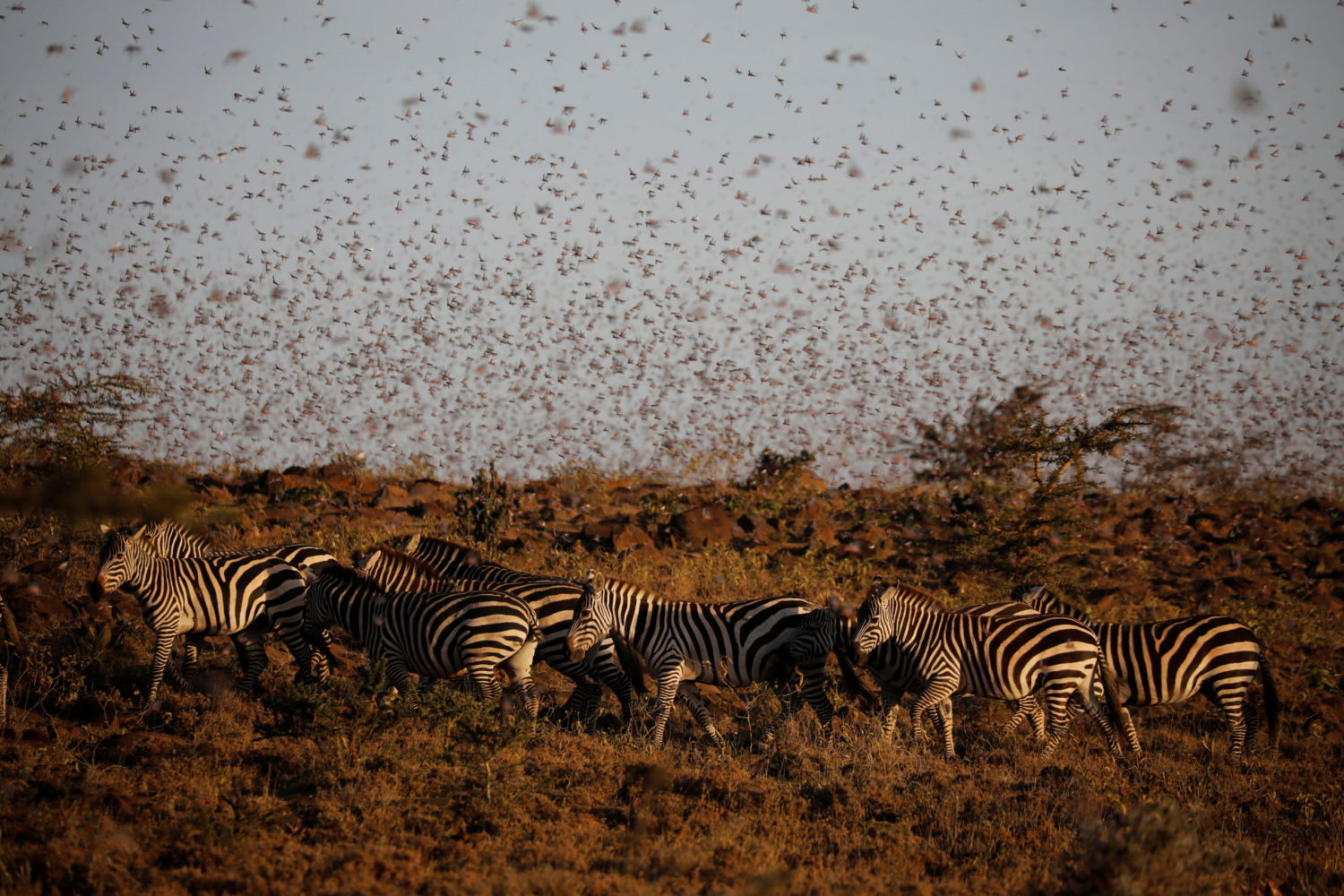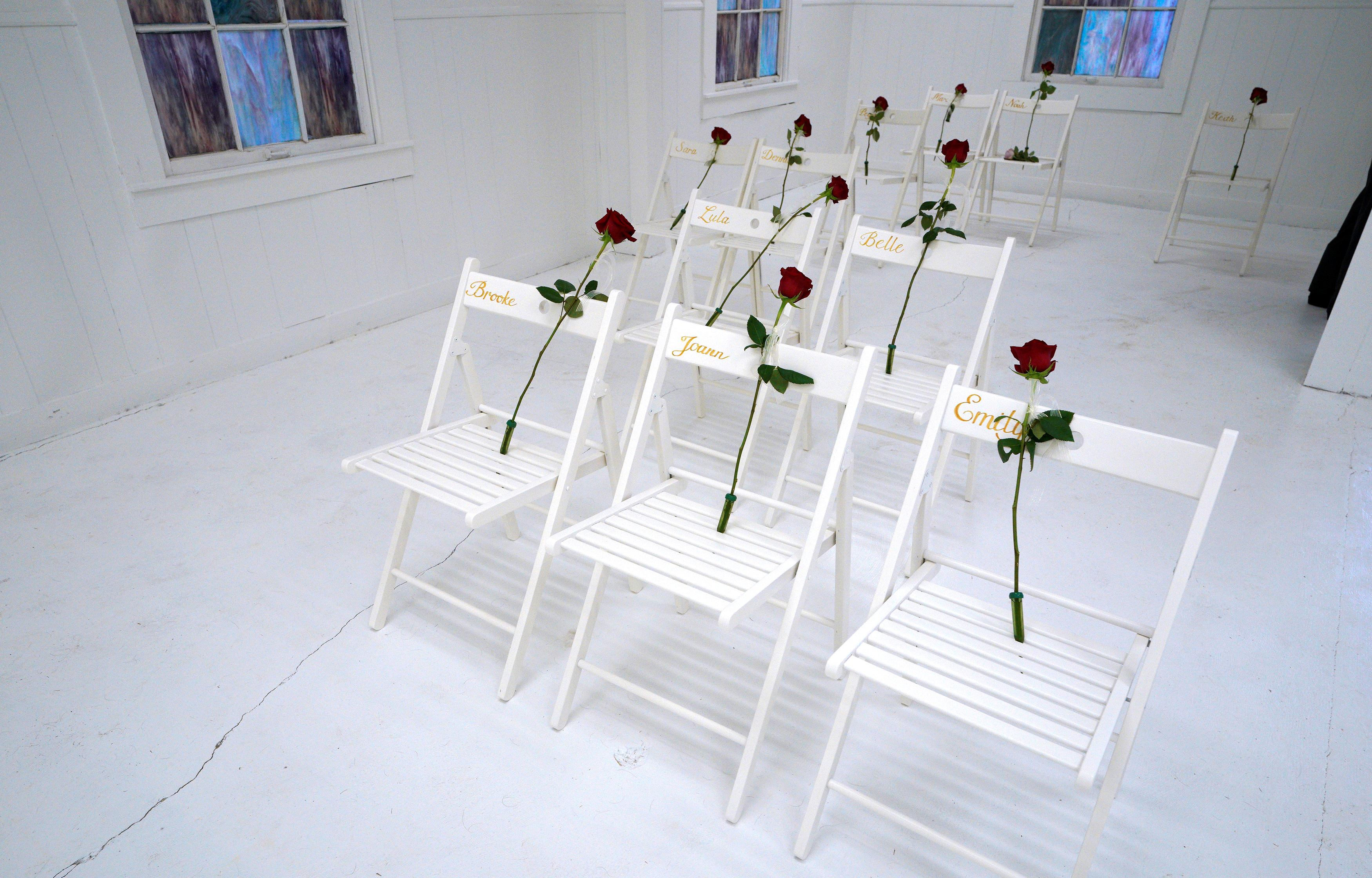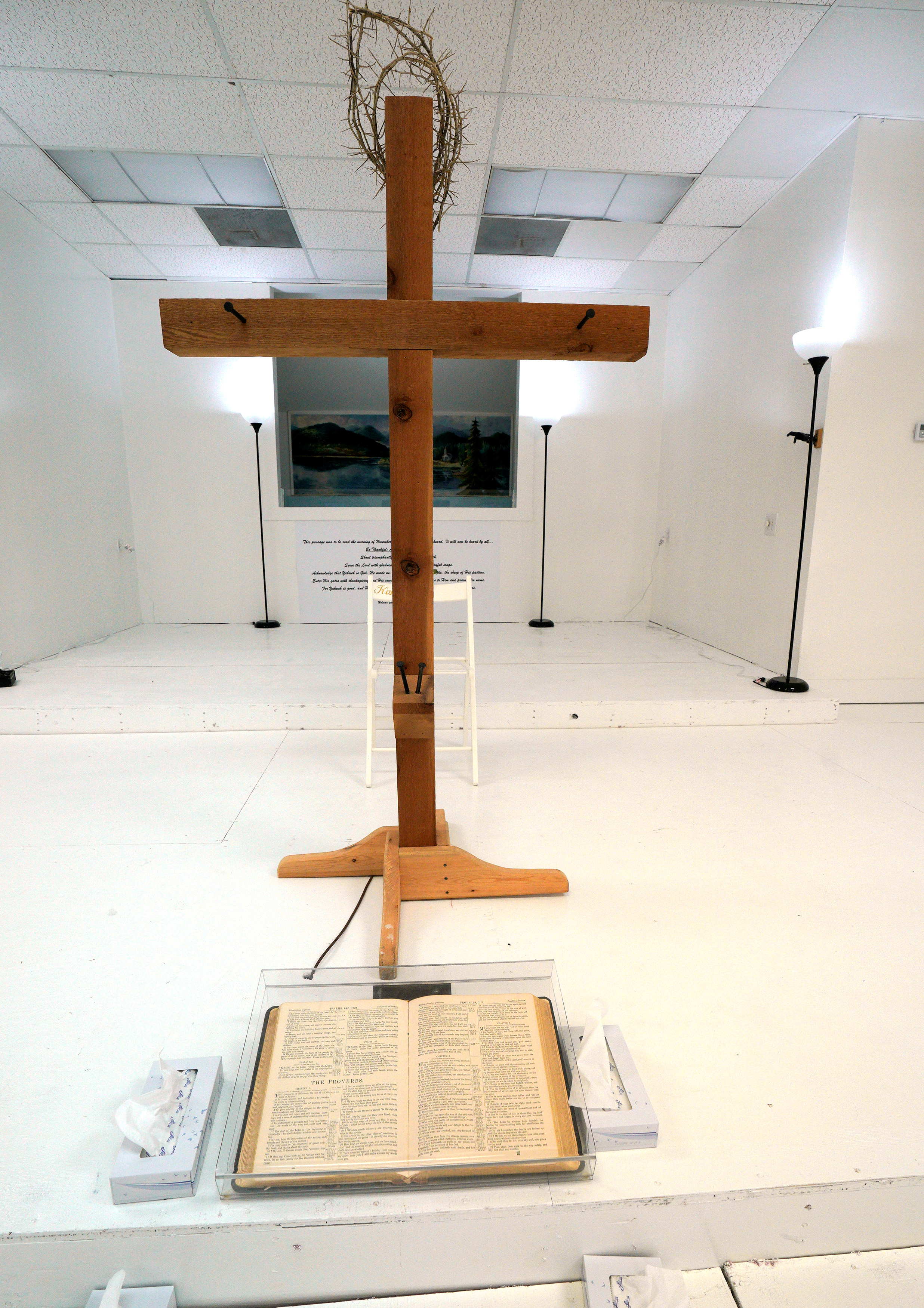
Important Takeaways:
- A Shift Away From Biblical Faith: Why Are So Many Quitting Christianity?
- The Pew Research Center has tracked viable data for years and studied the trends. Their projections are disheartening…
- In 2020, 64% of people of all ages were Christian. This number will shrink to between a little more than half (54%) and just above one-third (35%) of all Americans by 2070.
- Over that same period, “nones” (people who are religiously unaffiliated) will rise from the current 30% to somewhere between 34% and 52% of the U.S. population.
- But do not despair! There is hope in the headlines. And while what is happening in the church shocks us, it is not a surprise to God. The falling away of the church is prophesied in Scripture and points to the soon return of Christ. And for His own, the faithful and redeemed, salvation is secure.
- This “falling away” isn’t new. Throughout history, many have embraced Christianity, only to abandon it later. Even the first Christians faced this challenge. Demas, a coworker of Paul, initially supported him but eventually left, “having loved this present world” (2 Timothy 4:10).
- The core issue isn’t that people are falling away from church or even falling away from the faith. We’re talking about falling away as Judas did, from Jesus Himself. We’re talking about branches that cut themselves off from the vine. These are people who have—these words are stark—“trampled the Son of God underfoot . . . treated as an unholy thing the blood of the covenant that sanctified them, and . . . insulted the Spirit of grace” (Heb. 10:29).
- How can this happen?
- They Fall Away Because They Are Deceived
- The Bible very clearly warns that spiritual deception will lead many to fall away from Christ in the end times.
- “Now the Spirit expressly says that in latter times some will depart from the faith, giving heed to deceiving spirits and doctrines of demons, speaking lies in hypocrisy, having their own conscience seared with a hot iron” (1 Timothy 4:1–2).
- There are those who receive the Gospel with joy but lack a strong foundation. These individuals seek solutions rather than a Savior and want the blessings of belief without fully committing to Christ. During times of temptation, they fall away (Luke 8:13).
- But, don’t despair. There’s still hope. God knows those who are His, and He will bring them home safely. Jesus said: “I give them eternal life, and they shall never perish; neither shall anyone snatch them out of My hand” (John 10:28).
Read the original article by clicking here.
















